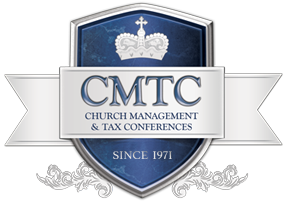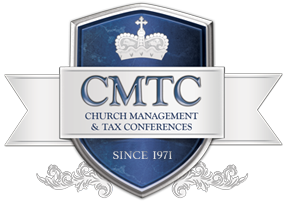Your Donations May Not Be Tax Deductible
We are quickly approaching the time of year when people will be gathering records for the annual dreaded ritual of filing their individual income tax returns. Most Christians rely upon and take for granted that the donations they make to their local Church will be tax deductible.
Although charitable contributions are mostly deductible, sometimes donations made to a Church may not be recognized by the Internal Revenue Service as a legitimate deduction.
Deductions Are At the Mercy of the IRS and Its Agents
Just because you attend a house of worship, does not necessarily mean the IRS recognizes it as a Church. In the court case of Jack Taylor VS The Commissioner, Mr. Taylor was denied tax deduction credit for donations he made to the Indianapolis Baptist Tabernacle (IBT) because the IRS and the Tax Court stated that they did not prove that IBT was a Church. The Judge ruled that all donations for tax deduction credit were solely at the mercy of the IRS and its agents.
Without a Letter of Determination from the Internal Revenue Service, there is no guarantee that donations to your Church will be accepted.
Donations with Strings Attached
To maintain tax exempt status and ensure donations to them are tax deductible, donations made to the Church must not be made with strings attached. One of those strings is when the donation is earmarked for the benefit of a private individual. Any donation made to a Church for that particular purpose should be clearly marked as “Not for Contribution Credit.” If audited, and the IRS discovers the donation was earmarked for and benefited a private individual, that donation will be disallowed.
Improper Donor Receipts
One of the biggest mistakes Church clerks make is providing improper end of year Donor Receipts. In my travels across this nation I am appalled at the number of Church Treasurers who are unaware of the rules and regulations governing this issue.
When Donor Receipts are issued, any contributions of $250.00 or more must be listed separately and must contain the following information:
- The receipt has to state the amount of the contribution.
- The receipt must give a description of anything the church/ministry gave in return for the donation. For instance, many organizations use marketing campaigns to encourage people to make donations. The organization may say, “If you make a donation of $500.00, we will send you a special book signed by the author,” etc.
- The receipt must state the value of what the taxpayer received in return.
- The taxpayer must have the receipt in his/her hands on or before filing his/her tax return or by the due date of his/her tax return, including extensions.
Any of the above scenarios are grounds for donations to be denied by the IRS for tax deduction credit.
Why You Need Us
As the Premier Church Management Firm in the United States, Chitwood and Chitwood ensures that we remain current on all changes in the Internal Revenue Code, as those changes are released by the IRS.
At our weekly Church Management Tax Conferences, we train Pastors and Church Leaders on these regulations and how to protect their Ministries from the many IRS pitfalls.
I encourage every Pastor and Church Leader to enroll in the nearest conference to learn what you need to do and what you need to avoid to remain legally compliant. To enroll, visit us at www.cmtc.org or call us at 800-344-0076. You will be glad you did.
Remember, for others it is a job, but for us “It is A Ministry!”

